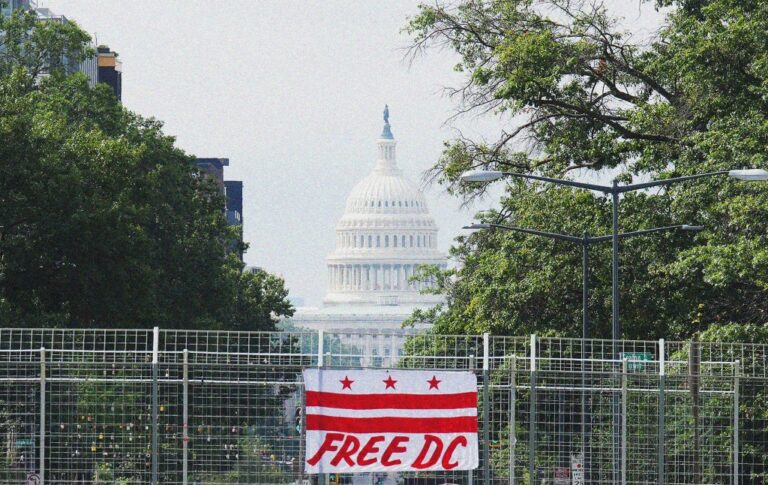The Erosion of Democracy: A Look at Trump’s Actions and Their Implications
In a startling commentary, Rachel Maddow recently noted, “We have crossed a line. We are in a place we did not want to be, but we are there.” The sentiment echoes Andrew Sullivan’s reflections on the degradation of our republic, suggesting we might be witnessing the very moment democracy falters in America.
The Rise of Authoritarianism
Critics of the president often face accusations of “Trump Derangement Syndrome,” a phrase used to delegitimize concerns about his administration. Yet, are those warnings of an encroaching autocracy truly deranged? With actions including open bribe-taking, power grabs over federal trade policy, and aggressive appointments of unqualified loyalists, one must question the current state of our governance.
Failures of Congress
In just the past month, the president has engaged in actions that challenge the ethical boundaries of leadership, from demanding government stakes in private enterprise to attempting redistricting to eliminate competition. Despite these alarming moves, Congress has remained largely passive, raising the question: Can a nation without a functioning legislature still be considered a democracy?
The D.C. Police Force Takeover
Recently, the president declared a crime crisis in Washington, D.C., and announced plans to intervene. This intervention involves not just increasing law enforcement presence but invoking the Home Rule Act of 1973 to take control of the D.C. police force. The justification? “Special conditions of an emergency nature” warrant such drastic measures.
Legitimate Concerns and Context
While crime rates in D.C. have risen, critics argue that calling this an emergency is disingenuous. Notably, the crime rate has decreased compared to past years, highlighting the question: why now? The apparent urgency appears to serve a political narrative rather than an actual need for intervention.
Potential Consequences of Military Deployment
The president’s approach raises concerns about normalizing military presence within U.S. cities. By desensitizing the populace to such displays of power, the narrative shifts, promoting the idea that intervention is standard protocol for any crime-related issues. As the Pentagon explores developing a “Domestic Civil Disturbance Quick Reaction Force,” the implications of such policies beg examination.
Understanding the Bigger Picture
Trump’s motivations for intervening in crime-laden cities often seem politically driven, particularly with Democratic leadership. Critics argue that the racial dynamics and political affiliations of these areas play a crucial role in his decision-making. An overarching aim appears to be establishing control under the guise of maintaining safety and order.
A Call to Action or Acceptance of Status Quo?
As observers witness the erosion of civil liberties, the question remains: will Americans rise to challenge this trajectory? History suggests otherwise. Many citizens may now accept these actions as part of the political landscape rather than as threats to democracy. Reflecting on our current state, it boils down to one unsettling truth: what we now tolerate says a lot about our commitment to keeping democracy alive.
